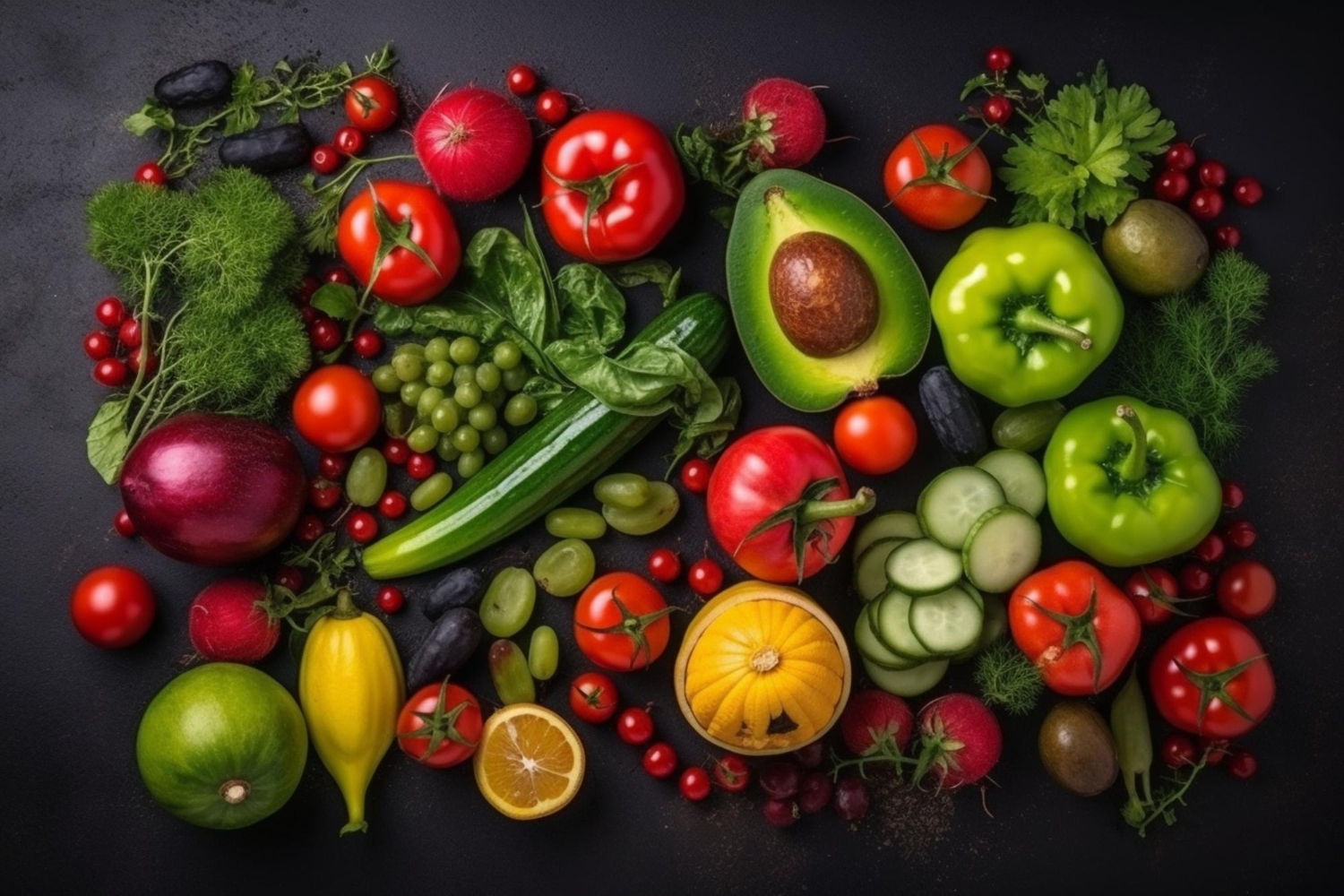
Vegetable Scam Unveiled: Navigating the Landscape of Fraudulent Practices in India’s Vegetable Market
India’s bustling vegetable markets, a kaleidoscope of colors and aromas, are not immune to the darker shades of fraudulent practices that compromise the quality and safety of the produce. From adulteration to mislabeling, the vegetable scam in India raises serious concerns about consumer trust and the need for regulatory measures.
Adulteration: Tainting the Essence of Freshness
Adulteration, the insidious practice of mixing inferior or harmful substances with vegetables, has become a common tactic employed by unscrupulous vendors. From injecting water into vegetables to increase weight to using artificial colors to enhance visual appeal, such deceptive practices compromise the freshness and nutritional value of the produce.
Mislabeling: A Veil of Deception
Mislabeling adds another layer to the vegetable scam. Vendors may falsely claim vegetables to be organic or free from pesticides when, in reality, they have been treated with harmful chemicals. Consumers seeking healthier alternatives can unwittingly fall victim to such mislabeling, putting their well-being at risk.
Use of Harmful Substances: Cultivating Distrust in the Fields
In some instances, farmers resort to the use of unauthorized pesticides and fertilizers to boost crop yield. These substances, often banned due to their potential health hazards, find their way into the vegetables that make their way to our tables. The lack of stringent monitoring and enforcement exacerbates this issue.
Navigating the Vegetable Market: Consumer Empowerment
Despite these challenges, consumers can empower themselves to navigate the landscape of fraudulent practices in the vegetable market:
a. Vigilance: Stay vigilant while purchasing vegetables. Examine the appearance, texture, and overall condition of the produce. Be cautious of deals that seem too good to be true.
b. Support Local and Trustworthy Sources: Build relationships with local farmers, markets, or vendors who prioritize transparency and ethical practices. Establishing a direct connection with the source ensures a higher likelihood of obtaining genuine and fresh produce.
c. Advocacy for Stricter Regulations: Advocate for stricter regulations and monitoring mechanisms in the agricultural sector. Support initiatives that promote fair trade, ethical farming practices, and transparency in the supply chain.
d. Educate and Raise Awareness: Educate yourself and others about common fraudulent practices in the vegetable market. Share knowledge about how to identify genuine produce and support campaigns that raise awareness about the importance of food safety.
In conclusion, unveiling the vegetable scam in India requires a collective effort from both consumers and authorities. By staying informed, supporting ethical practices, and demanding stricter regulations, consumers can contribute to a safer and more trustworthy vegetable market that prioritizes the health and well-being of the public.


